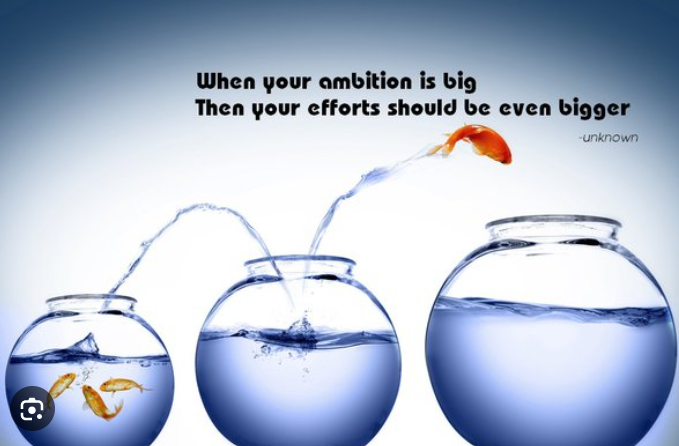Water, the elixir of life, is a seemingly abundant resource, covering over 70% of our planet's surface. However, only a tiny fraction, about 2.5%, is freshwater readily available for human consumption and ecological needs. This precious resource is under increasing pressure due to factors like climate change, population growth, and pollution. The stark reality is: we cannot take water for granted.
The title "Save Water, Save Life" aptly captures the essence of water conservation. Water is the foundation of life on Earth. Every living being, from the tiniest insect to the mightiest giant sequoia, depends on it for survival. Humans can only last a few days without water. When water becomes scarce, entire ecosystems are disrupted, leading to cascading effects on food security, public health, and even social stability.
Water scarcity is already a harsh reality in many parts of the world. Droughts are becoming more frequent and severe, rivers are drying up, and groundwater tables are receding. This scarcity can lead to a multitude of problems, including:
- Limited access to safe drinking water: Millions of people, particularly in developing nations, lack access to clean water, leading to waterborne diseases and malnutrition.
- Reduced crop yields: Agriculture is the biggest consumer of freshwater. With water scarcity, agricultural productivity declines, threatening food security for a growing population.
- Environmental degradation: When water resources are depleted, it disrupts natural ecosystems, impacting biodiversity and jeopardizing the delicate ecological balance.
The good news is that we can still turn the tide. By adopting water conservation practices at both individual and collective levels, we can make a significant difference. Here are some ways we can contribute:
- Individual actions: Simple changes in daily habits can save a lot of water. Taking shorter showers, fixing leaky faucets, and turning off the tap while brushing teeth are small steps with a big impact.
- Water-efficient appliances: Choosing water-saving appliances like low-flow showerheads and washing machines can significantly reduce water consumption.
- Sustainable practices in agriculture: Techniques like drip irrigation and rainwater harvesting can help farmers use water more efficiently.
- Effective water management: Governments and local authorities can play a crucial role in creating policies for sustainable water use, improving infrastructure for water distribution, and promoting conservation awareness.
Saving water is not just about preserving a resource; it's about safeguarding the future. By adopting a water-conscious lifestyle and promoting responsible water management practices, we can ensure a healthy planet teeming with life for generations to come. Remember, every drop counts.

